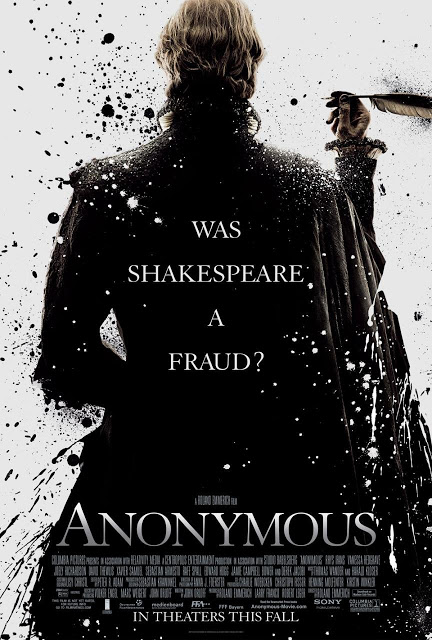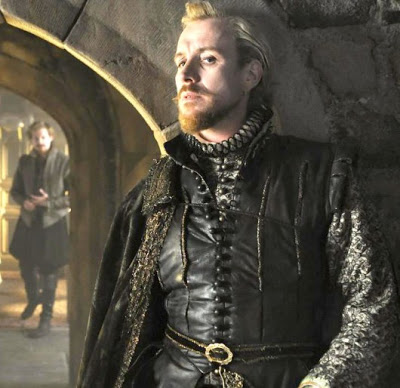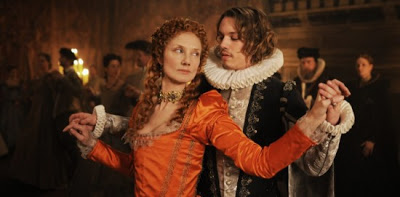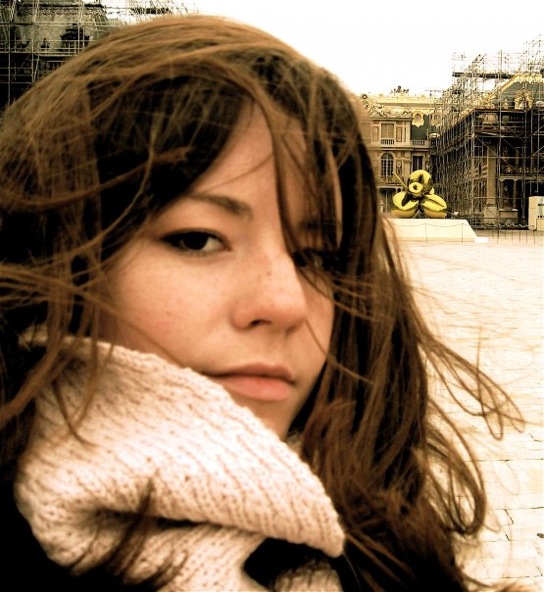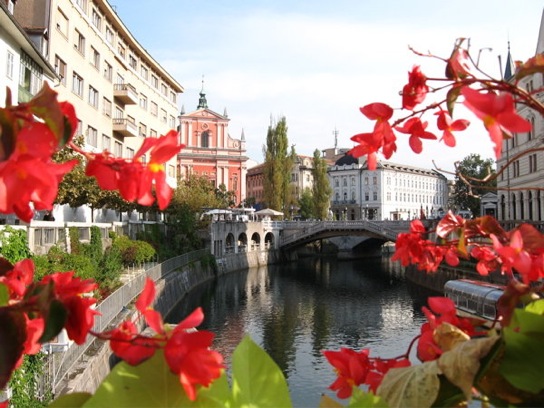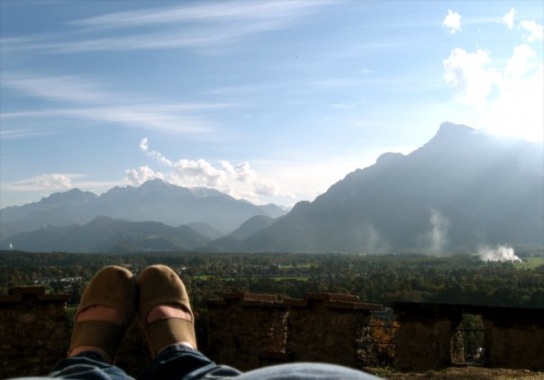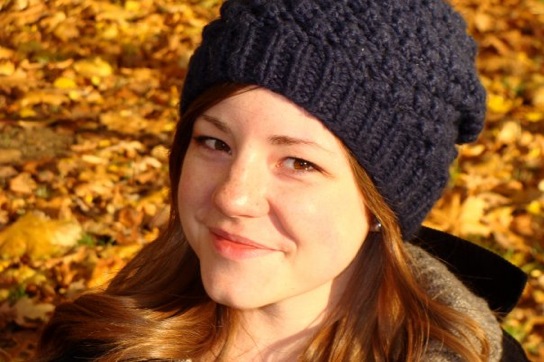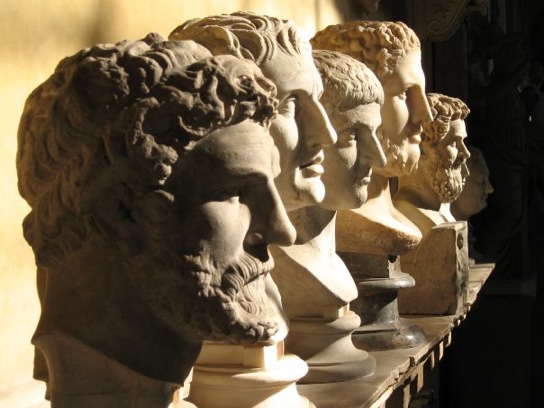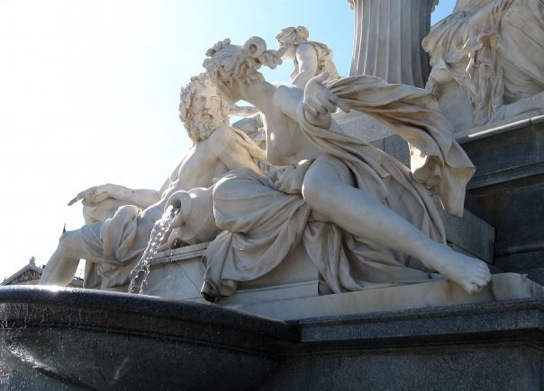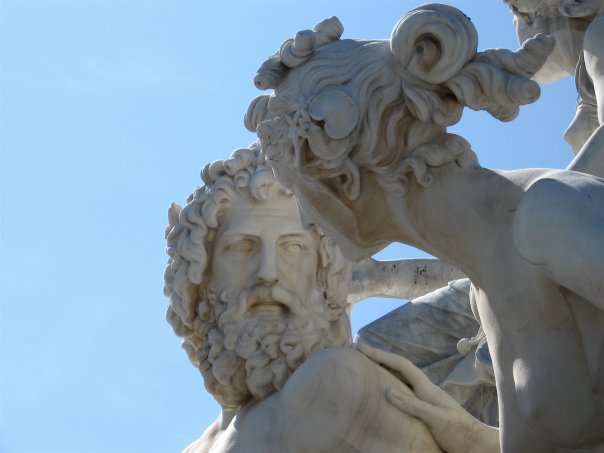~
Travel Memories : Life Goal Accomplished.
I stepped through the sliding doors of O’Hare and watched my fiancé drive away, willing myself not to chase him down and make him take me home. Three months traveling alone had suddenly lost its appeal. Despite my misgivings, I dragged my two gargantuan suitcases to the ticket counter before anyone could run over me with their own half-ton luggage.
Once my baggage was checked and sent off to board my flight, traveling alone felt slightly less daunting. My tickets in hand and with renewed determination in my steps, I found my way to my terminal. I had a phone call to make.
I had spent that summer living with my aunt and waitressing at a family diner in Janesville, Wisconsin. Howie, a 78-year-old retired GM assembly worker and one of my regular customers, came into the restaurant for breakfast and dinner every weekday. I’d flirt with him casually as I took his order [he had the specials memorized], listen to his latest encounter with Betty, the woman that he walked with at the shopping mall each morning. Every day Howie asked her out on a date, and every day Betty told him no. I’d tell him about my weekend and about my travel plans for the fall semester. He’d never been outside of the continental United States. At the end of the summer I promised him I’d send a postcard from each city I visited.
But when I arrived at the airport, I realized I had forgotten the receipt that had his address scrawled on the back. I called the diner, knowing that at eight in the morning he was probably still sitting in his corner booth finishing up his one pancake with peanut butter and a slice of ham.
Mimi, the manager, yelled to Howie that he had a phone call, and from across the restaurant his voice echoed through the receiver,
“For me? Are you kidding?”
“It’s Bethany,” she shouted back.
Several geriatric steps later, he picked up the phone, his breath heaving,
“Doll, is that you? You miss me already?”
“Yes, Howie! I realized I forgot your address.” I scrawled it on the back of my ticket envelope.
“Say, where are you anyway? Aren’t you supposed to be on a plane?”
I explained that I was waiting in the airport.
“You nervous?” he asked bluntly.
“A little,” I admitted. “Matt just dropped me off and it hit me: I can’t believe I’m doing this.”
“Listen, your old man Howie has never been anywhere in his life. All this nothin’ will be here when you get back. You wanted to do this all your life! Just take your ticket and go. Don’t forget to write me. You promised. And when you come back, you come out and see me and we’ll have a hot date and you’ll tell me all about it.”
“It’s a deal, Howie.” I replied. The wrinkle of worry across my forehead disappeared; a grin spread across my face. Who cared if anyone else in the terminal was watching.
“Alrighty. You take care a you and I’ll see you real soon,” he said, and hung up before I could really say goodbye.
Howie said what everyone had been telling me, yet hearing his voice as I sat in the airport solidified it at the right moment. It was too late to go hunting down my luggage and make a coward of myself. He was right. I was ready for this. And I was finally doing it.
After years of daydreaming and wondering if I’d ever be able to go, I was embarking on my greatest adventure, my biggest dream. And there were many moments when it felt surreal, when I stood at the edge of the Untersberg overlooking Salzburg, or stood atop the Eiffel Tower overlooking the winding web of Parisian city lights, or when I leaned my head against the window of the train and watched the tracks wind around the Alps, and thought:
Am I really here? Am I really doing this now?
I was afraid to shut my eyes, afraid I would miss it. I luxuriated in each moment, each meal and city tour, anxious that I would gobble them up all at once and it would be over too soon. I journaled constantly, my hand glued to pen and paper, commemorating every memory to words so that on days like today, 3 years later, I wouldn’t forget.
And I wrote to Howie, careful to share as many details with him as I could fit in the tiny space on the back of each postcard. There was never enough room, so I almost always sent two postcards from every place I went. That’s the beauty of writing: it can vicariously transfer experiences, allow one person in one place to connect with another on the other side of the world.
And there were many moments when it felt scary, when I worried that leaving my home and my family was a mistake, when I went a whole week without hearing Matt’s voice, when I was utterly weary of trains and planes and dirty hostels. There were moments when being surrounded by the same group of friends every waking moment for 3 months couldn’t erase a certain isolation and loneliness that settled into me the longer we lingered there.
But. I did it. I achieved a life goal.
And the opportunity taught me that dreams, though they require sacrifice, are worth what you invest into them. I returned, changed and happy, satisfied and ready; whatever came next, I knew I was capable of doing it.
And when I slid into the booth across from Howie 3 months later, he grinned, his arthritic fingers wrapped around a thick stack of postcards.
Travel Memories : Exploring New Landscapes
It reassures a writer that the world is still a beautiful and endless space.”
book·ish : what do you read when you travel?
I stood in the airport before I left for the first of four flights en route to Austria for a whole semester, and realized I hadn’t brought a book. I was suddenly overwhelmed by the prospect of having nothing in my hands, nothing to preoccupy my mind for that much time. So I went to the book kiosk and picked upAtonement, and since I had already seen the movie, I figured I might like it. Did I ever! This is one of my favorite books of all time, and there could not have been a more appropriate novel to carry around Europe. When I read a good book, I love to become immersed in it, imagine myself as the characters. The setting for McEwan’s novel [1930’s and World War II Europe] was the perfect fictional backdrop to my travels and my studies. What are your reading habits when you travel? If you read books, do you prefer fiction or non? Autobiographical? Does a magazine suit your attention span better? Do you prefer a book to a digital reader?
